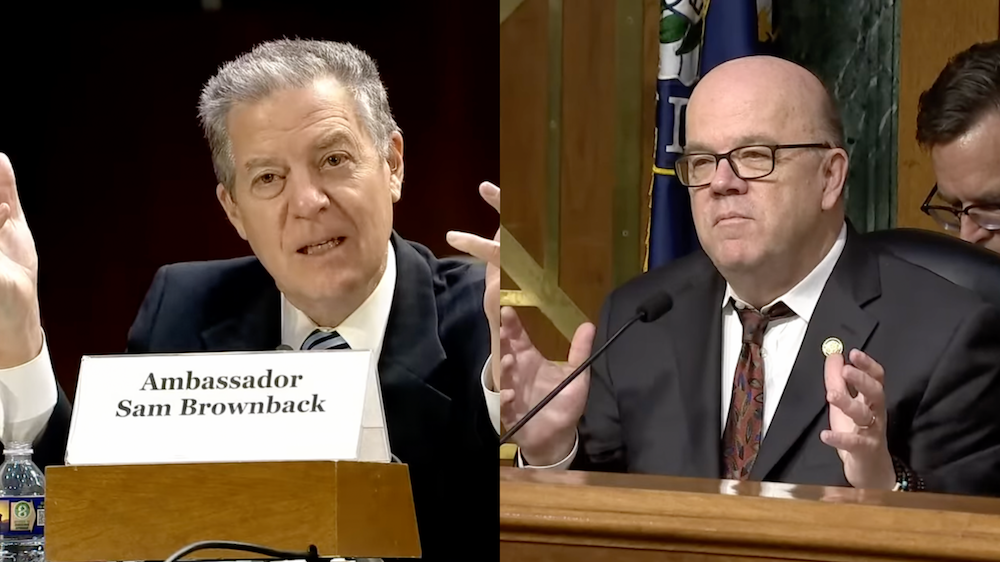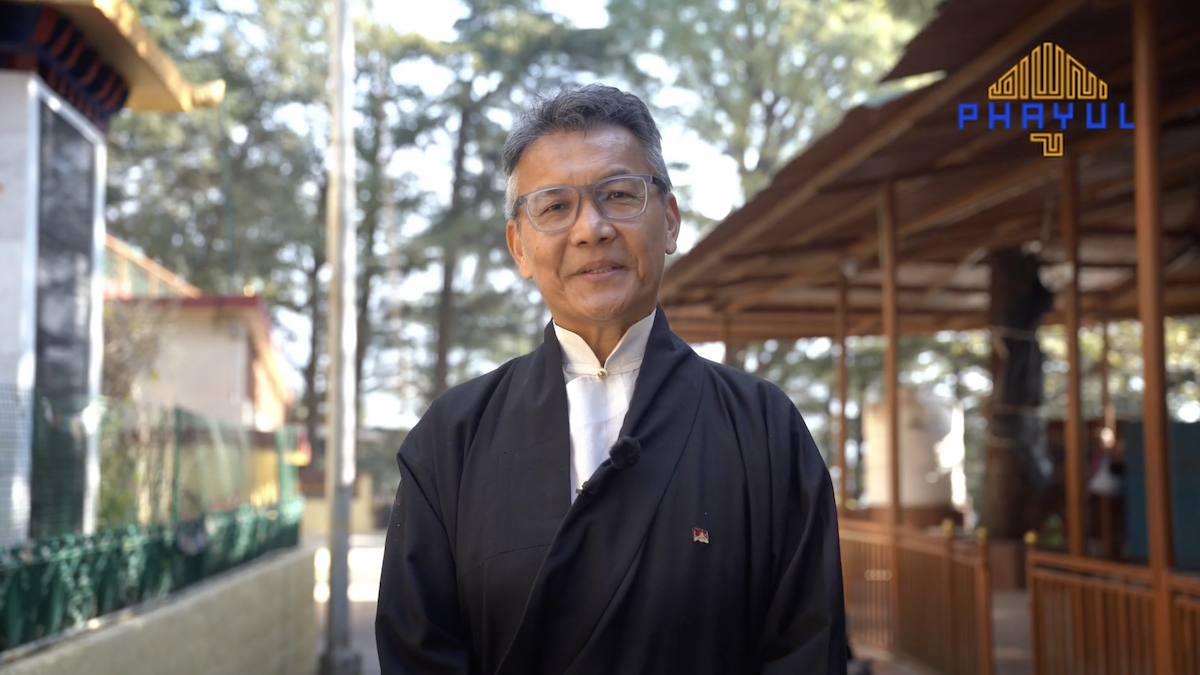Tsering Dhundup
DHARAMSHALA, Mar. 27: The Tibetan media in the exile community faces a major media setback as Voice of America (VOA) has ceased its operations in Dharamshala, with Radio Free Asia (RFA) set to follow by the end of April, according to a revelation made by the CTA President in the house on Thursday.
During the 17th Tibetan Parliament-in-Exile’s 9th session, President Tsering of the Central Tibetan Administration revealed that all VOA central headquarters staff have been placed on administrative leave, while regional reporters, including those in Dharamshala have terminated operations. Similarly, RFA’s central staff have been furloughed, with its regional staff being supported through reserved funds until the end of April.
The closures come in the wake of an executive order signed by U.S. President Donald Trump on March 14, instructing the reduction of operations for seven federally funded entities, including the U.S. Agency for Global Media (USAGM), which oversees VOA and RFA, and other organisations.
The Association of Tibetan Journalists (ATJ) based in Dharamshala has strongly condemned the funding cuts, urging the U.S. government to reinstate financial support for the Tibetan language services of both radio stations. In a statement, ATJ expressed deep disappointment over the decision, emphasising the critical role these media outlets have played in providing reliable news to Tibetans inside Tibet and preserving Tibetan language and culture.
Over the years, VOA and RFA have served as vital sources of information on Tibetan life under Chinese rule, the activities of His Holiness the Dalai Lama, the Tibetan government-in-exile, and the plight of Tibetan refugees. The closure of these stations, ATJ warns, significantly undermines press freedom and democratic values in the Tibetan exile community.
Chinese state-controlled media have celebrated the shutdown, portraying it as a victory against what they claim to be “false reporting”. The Global Times described VOA as a “so-called beacon of freedom” that has been “discarded like a dirty rag” by its own government. Other Chinese media outlets, including Beijing Daily, accused VOA of spreading misinformation about China. Former Global Times editor-in-chief Hu Xijin called the move “great news,” while Chinese Foreign Ministry spokesperson Mao Ning labelled VOA a “lie factory”.
While many lawmakers called for restoration of funding for the two media outlets describing them as lifelines for propagation of human rights situation inside Tibet, one lawmaker welcomed the decision saying that these two media houses have been a major proponent of disharmony in the exile Tibetan community.
The Tibetan in Tibet and in exile now face an information vacuum as these longstanding media platforms fall silent. The Central Tibetan Administration, ATJ and other Tibetan organisations have called on the U.S. government to reconsider its decision and restore the critical services provided by VOA and RFA Tibetan language divisions which served as an important source of information to the Tibetan’s inside Tibet.










